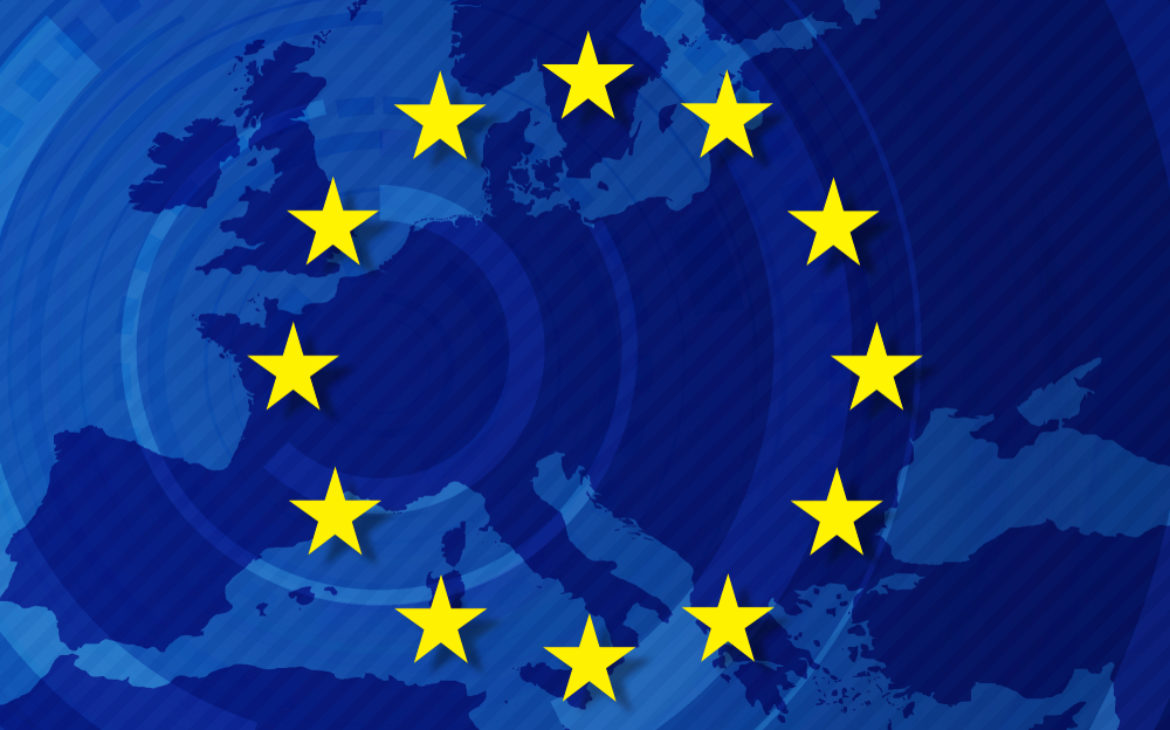In its latest annual European Mobile Economy Report, the GSMA throws its weight behind the concept of “fair share” contributions from Big Tech to network costs and calls for increased leniency on telco mergers within the European Union. The non-profit organization forecasts substantial growth in mobile data traffic over the next five years, primarily driven by the adoption of 5G technology.
Rising Mobile Data Traffic
The report projects a nearly threefold increase in mobile data traffic in Europe, attributing this surge to the improved coverage and capacity of 5G networks across the continent. Within the next three years, the GSMA anticipates 5G connections to surpass 4G, representing over half of total connections, and reaching a staggering 87% by 2030. During this period, 4G is expected to account for only 12% of connections, with the use of 2G and 3G becoming negligible.
Economic Impact
Highlighting the significant role of the mobile sector in the European economy, the report estimates its economic contribution at €910 billion ($992.5 billion) in 2022, constituting 4.3% of European GDP. The GSMA predicts this economic impact will grow to €1 trillion ($1.1 trillion) by 2030.
Fair Contribution and Tech Giants
The GSMA reiterates its support for a “fair contribution” mechanism, emphasizing that such an approach would benefit European users and encourage large traffic generators, including Big Tech companies, to manage their traffic effectively. The report points to the EU Digital Declaration, signed last year, and suggests that the current status falls short of fulfilling its principles.
Telco Mergers and Market Fragmentation
Painting a challenging picture of Europe’s mobile industry, the GSMA notes that market fragmentation has left operators below the minimum viable scale required to meet network investment targets, especially in the context of 5G deployment. Consequently, the report calls for a re-evaluation of EU merger policy, taking into account the role of minimum long-term viable scale in markets with high fixed costs.
Challenges and Opportunities
While acknowledging the slow adoption of 5G standalone (SA) networks in Europe, the report sees this as an opportunity for monetization through customer upgrades and enhanced support for network slicing. It also highlights the rise of 5G private networks as a potential avenue for creating additional revenue streams, particularly as 5G availability grows.
